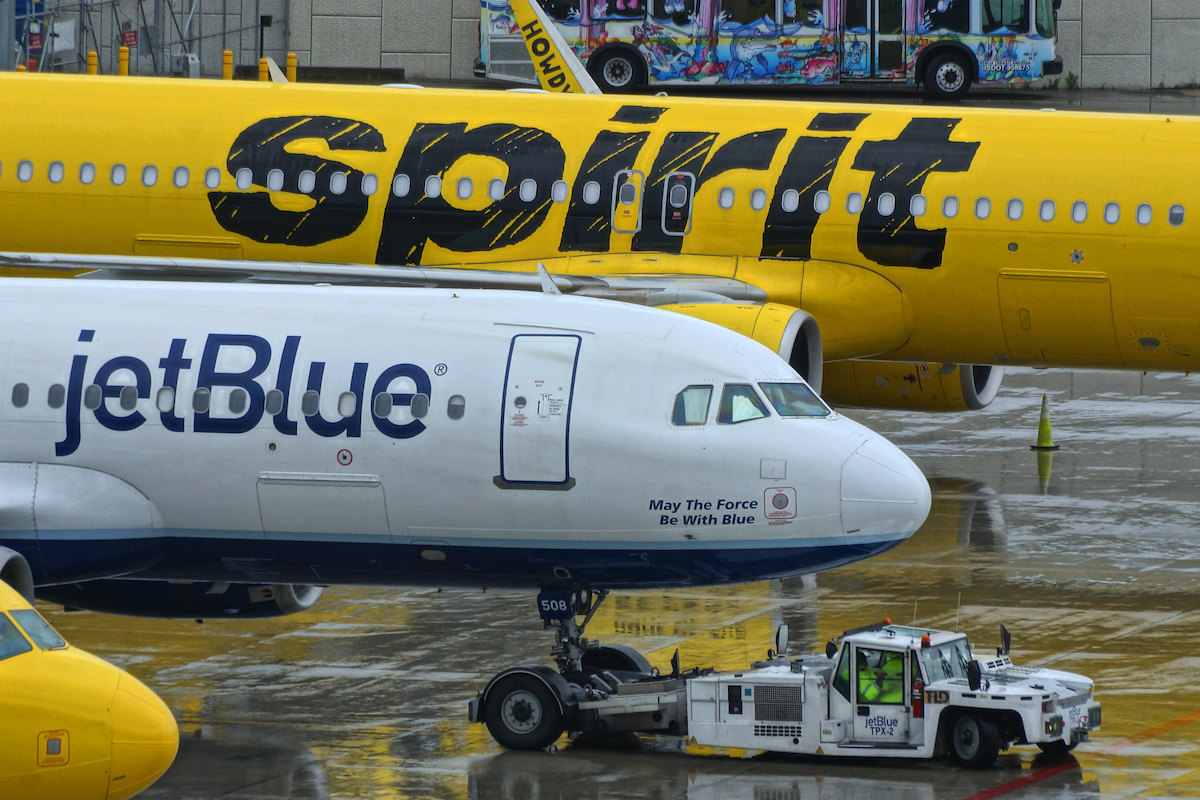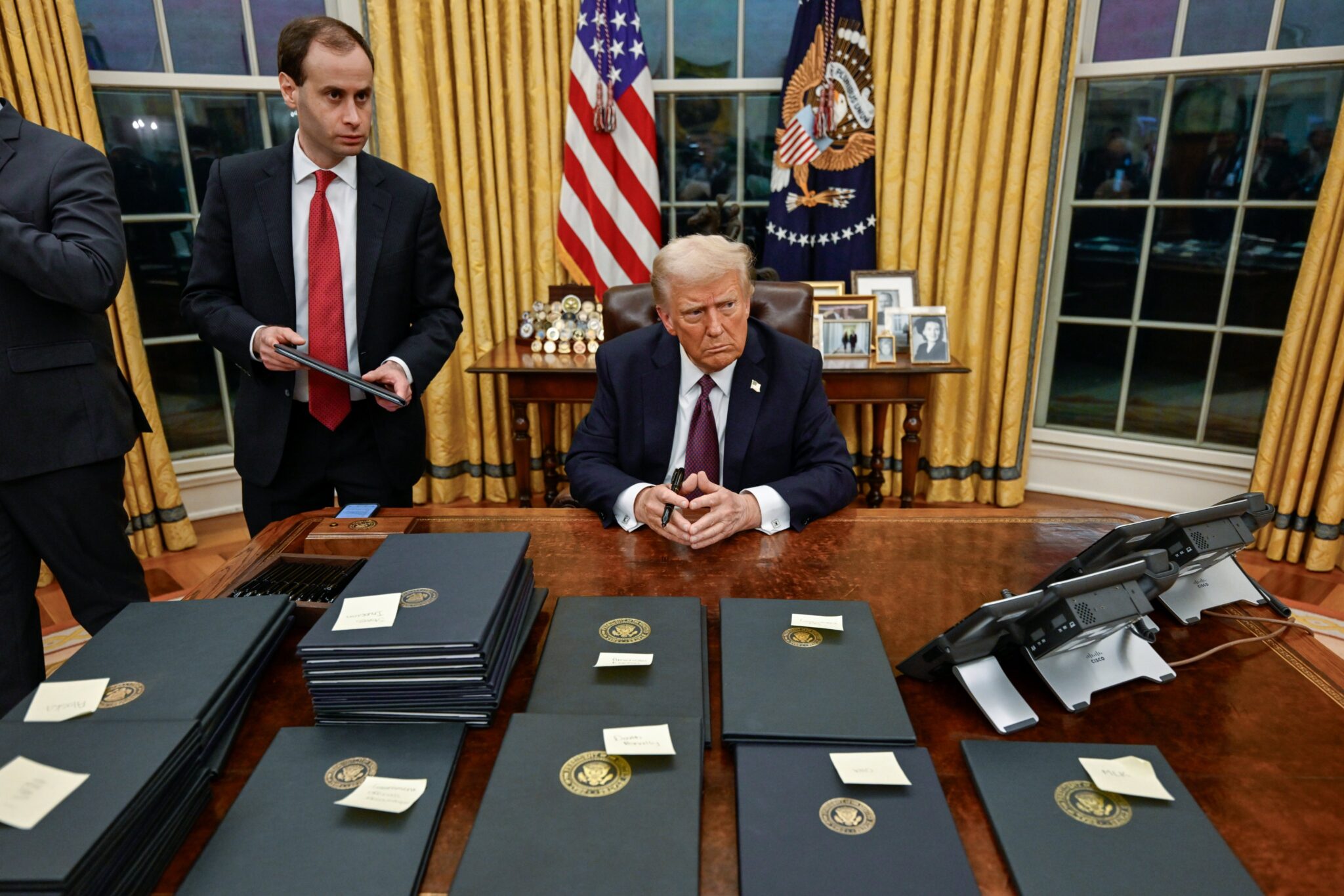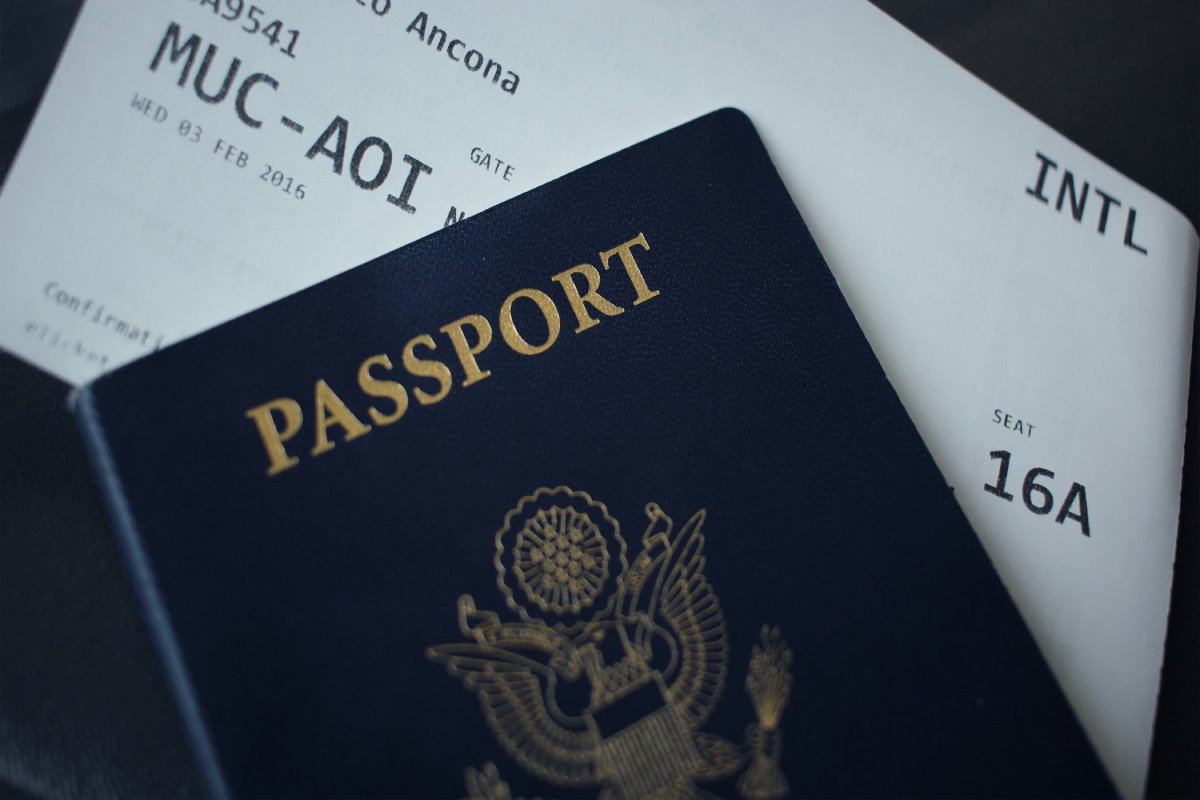JetBlue-Spirit $3.8 Billion Merger Blocked by Judge

Skift Take
A U.S. District Court judge on Tuesday blocked the proposed $3.8 billion merger between JetBlue and Spirit Airlines.
Massachusetts District Court Judge William Young wrote the merger would lead to less competition in the airline industry, since Spirit is the largest ultra-low-cost carrier. Young called Spirit "a uniquely disruptive competitor" for its ability to drive down airfares whenever it enters the market.
"Spirit is a small airline. But there are people who love it," Young wrote. "To those dedicated customers of Spirit, this one's for you. Why? Because the Clayton Act, a 109-year-old statute requires this result — a statute that continues to deliver for the American people."
The ruling marks a major victory for the Biden administration, which has taken a hawkish attitude toward mergers. However, it also signifies a sharp turn away from precedent, where the government previously approved mergers between American-US Airways (2013), Southwest-AirTran (2013), United-Continental (2010) and Delta-Northwest (2008).
This is the first time in 20 years that the federal government has rejected an airline merger.
The series of mergers the government approved in the past two decades led to the creation of the “Big Four” airlines — American, Delta, United and Southwest — which control around 80% of the U.S. market.
JetBlue and Spirit said they disagreed with the ruling and were evaluating next steps.
"We continue to believe that our combination is the best opportunity to increase much needed competition and choice by bringing low fares and great service to more customers in more markets while enhancing our ability to compete with the dominant U.S. carriers," the two carriers said in a statement.
Spirit's shares tumbled by 50% following the ruling.
A Merger to Create the Fifth-Largest Airline
If the merger had been approved, it would have created the fifth-largest airline in the U.S. JetBlue would have fully absorbed Spirit’s operations and network, planning to retrofit Spirit’s fleet of Airbus A320s and A320neos to fit its style of interiors, meaning that there would be fewer seats on board.
The Justice Department had argued during the trial that fewer seats meant fares would rise across the board, and that the loss of Spirit as the largest U.S. ULCC would harm the most price-sensitive consumers.
JetBlue argued it needed to merge with Spirit to effectively compete against the Big Four carriers, since the industry was already so consolidated.
Young agreed with the Justice Department's assessment, saying the "elimination of Spirit would harm cost-conscious travelers who rely on Spirit's low fares."
JetBlue's Expansion Plans Dashed
The ruling is another loss for JetBlue.
It previously had sought to expand its presence at New York’s John F. Kennedy International Airport and Boston Logan International Airport through the Northeast Alliance with American, but a federal judge struck it down, arguing that it didn’t promote competition in the Northeast. JetBlue had also been looking to add more European destinations to its network.
Incoming JetBlue CEO Joanna Geraghty now needs to determine a new path forward for the airline. Current JetBlue CEO Robin Hayes announced this month that he would step down from the role.





